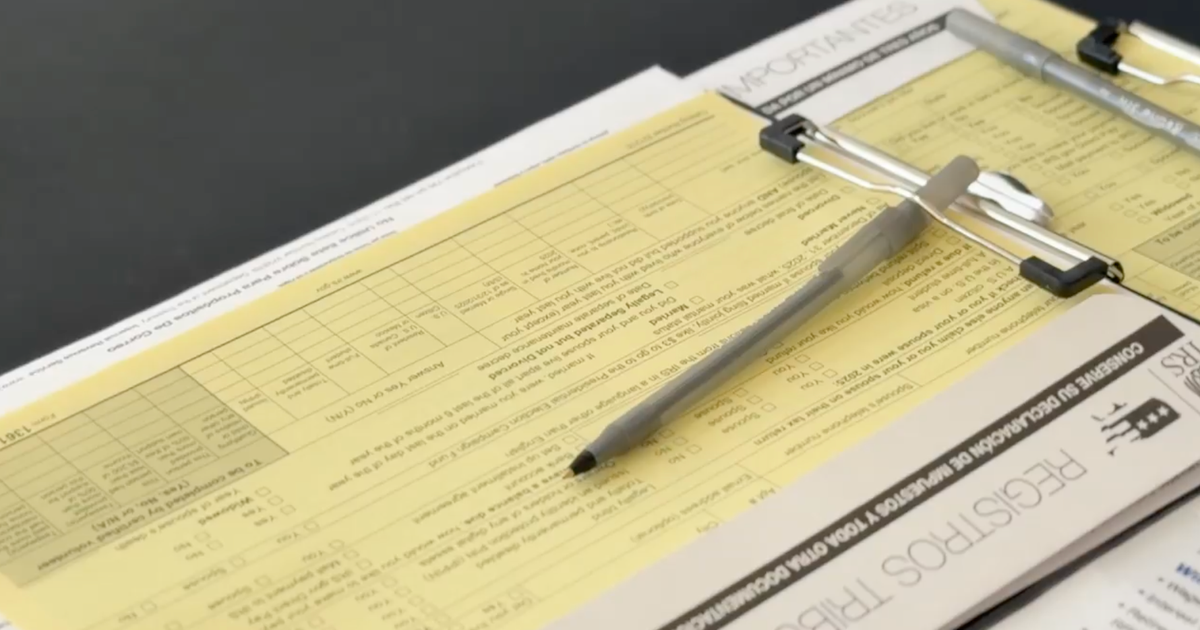Longterm Benefits of Early Childhood Programs
PHILADELPHIA (CBS) - The National Institutes of Health study that followed 1500 participants and a comparison group born in 1979 or 1980 in the Chicago-based federally funded Child-Parent Centers program until age 26, has strong implications for education, economic and health benefits.
Each dollar spent on the program generated $4 to $11 in return, since participants finished high school or college, earned more than their peers, and were less likely to be held back, arrested, depressed, involved with drugs, or sick.
Arthur Reynolds, lead researcher at the University of Minnesota points to an 18 percent annual rate of return. Primary benefits were increased earnings and tax revenues as well as averting criminal justice costs.
The program included strong parental involvement and education, meals, health services, and home visiting, kindergarten through age nine, third grade. These services are essential for low income children—many of whom, without extra attention, fall behind before they even enter kindergarten.
Science Daily provides details of this cost-benefit analysis that provides important findings for replication.
Reported By Dr. Marciene Mattleman, KYW Newsradio







